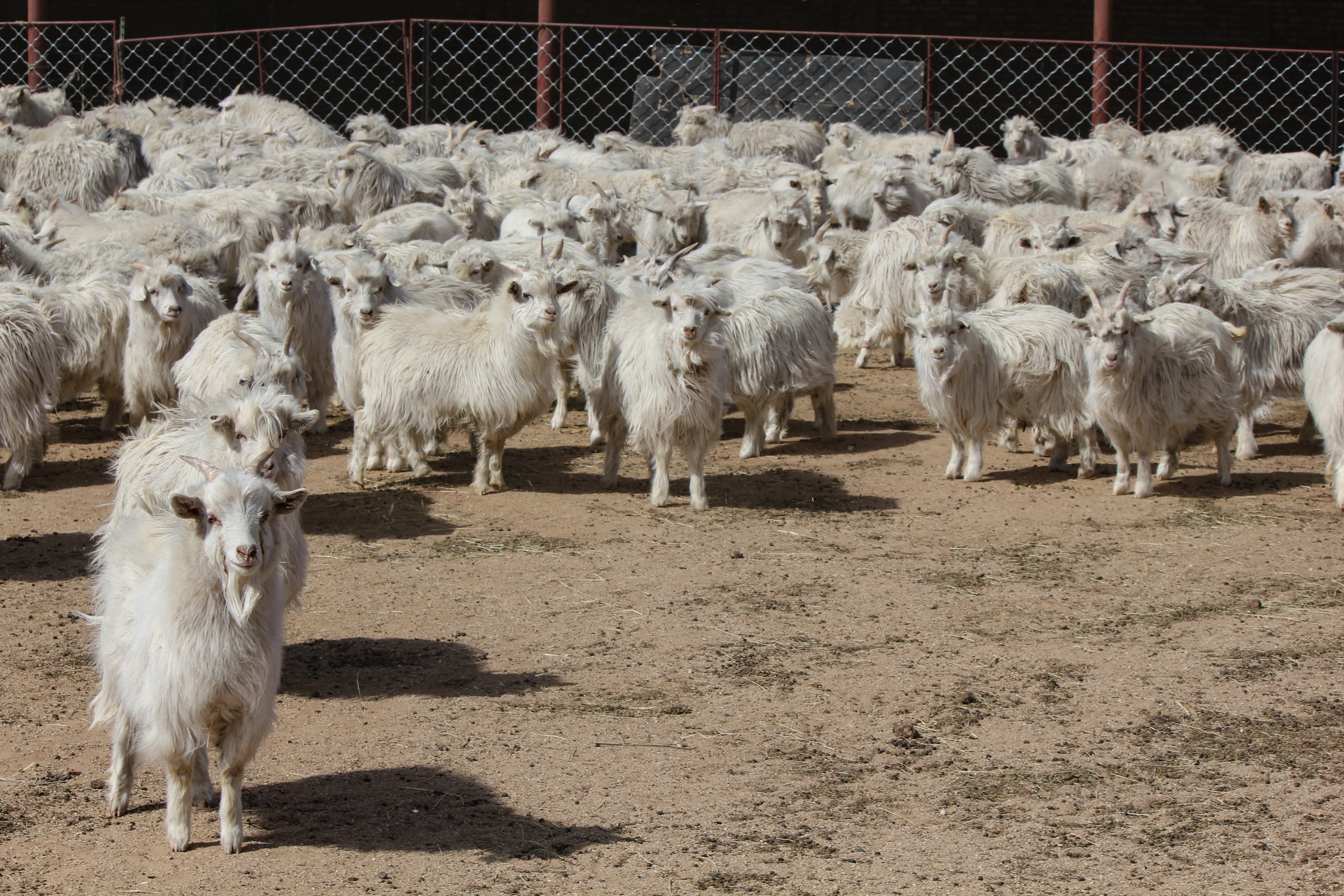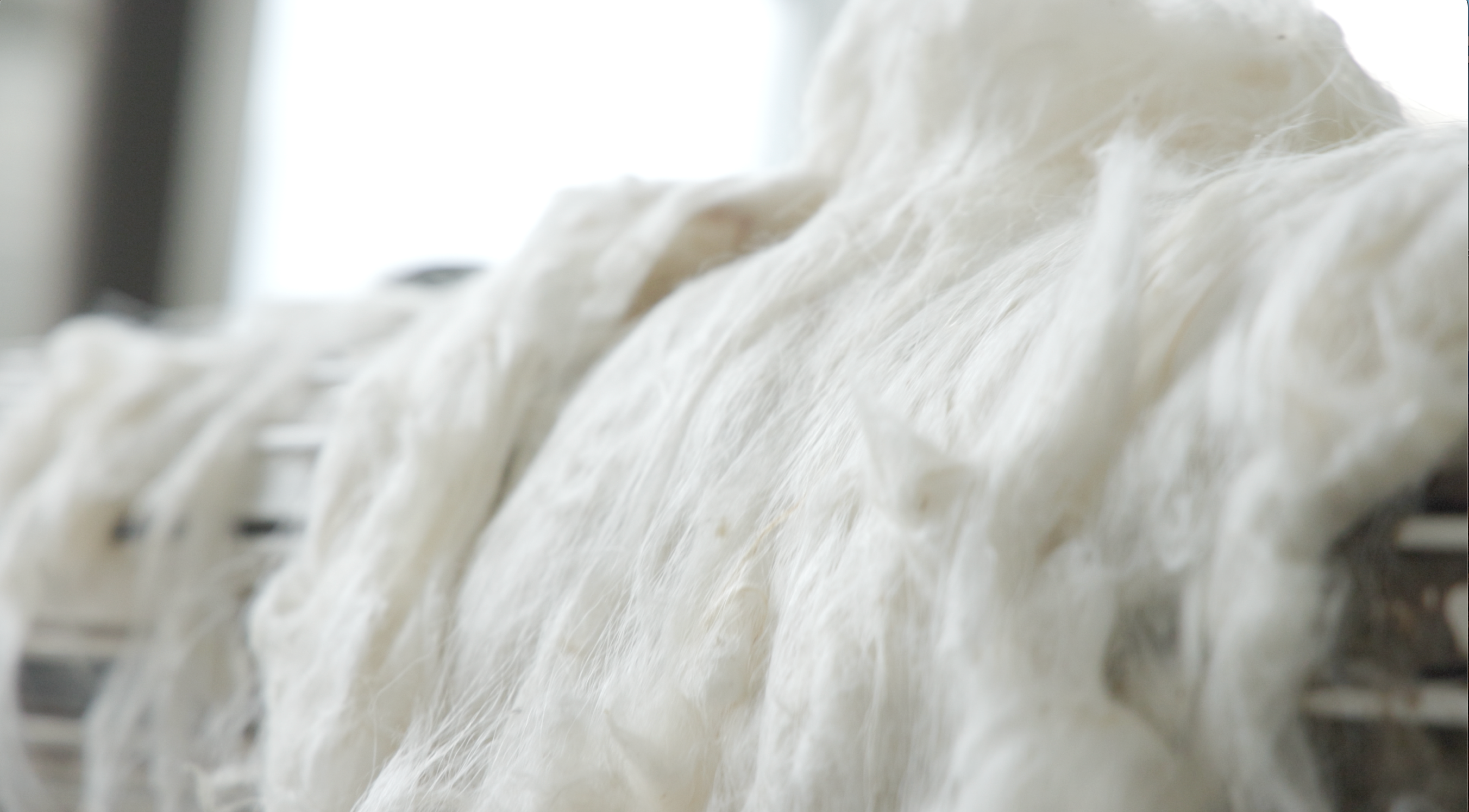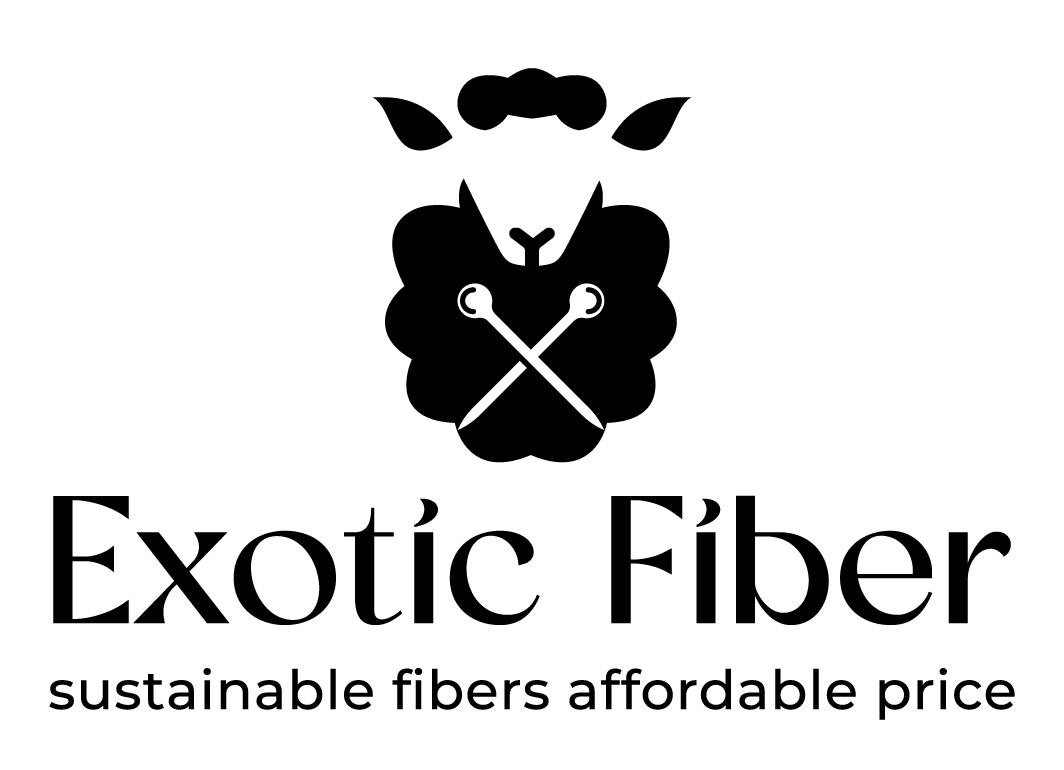Sustainability is more important now than ever before due to the urgent need to address environmental issues and preserve the planet for future generations. Climate change, pollution, deforestation, and loss of biodiversity are just a few of the challenges that threaten the health and well-being of humans and other species on earth. By adopting sustainable practices in all areas of life, including energy consumption, transportation, food production, and waste management, we can reduce our impact on the environment and help mitigate these challenges. Sustainable practices also promote social equity and economic stability by ensuring that resources are used fairly and efficiently. Ultimately, sustainability is about creating a world that is healthy, just, and resilient, and it requires everyone to take action to achieve this goal
SUSTAINABILITY



SUSTAINABLE INDUSTRY
FARM
A farm is a type of agriculture that focuses on producing food in an environmentally and socially responsible manner. It involves using methods that promote soil health, conserve water, and protect natural resources.
Sustainable farms also prioritize animal welfare and often use organic or natural farming practices. By promoting biodiversity and minimizing the use of synthetic chemicals, the farms aim to create a healthy and resilient ecosystem that can continue to provide food for generations to come.
APEO FREE
MANUFACTURE
The manufacture innovations in processing focus on forward-thinking supply chain practices.
Produce in APEO free
APEOs are common agents used in the textile industry and include NPEOs (nonylphenol ethoxylates) and OPEOs (octylphenol ethoxylates), which are known for their cleaning properties. NPEOs are the most ubiquitous across the industry and are commonly used as detergents in the scouring of raw fibers
SUPPORT SUPPLY CHAIN
WEARING NATURAL FIBERS
Wearing natural fibers is a great way to support sustainable fashion and reduce the environmental impact of your clothing choices. Natural fibers like cashmere,wool,yak camel are biodegradable and renewable, meaning they can be grown without depleting natural resources. They also tend to be more breathable and comfortable than synthetic fibers, making them a popular choice for clothing.
By choosing clothes made from natural fibers that are produced sustainably, you can help protect the environment and support
Manufacture high-quality fibers with minimal environmental impact
Commitment to the environment
Our sustainability team takes regular trips to farms and factories in China and Mongolia to ensure that our products are being produced in an environmentally-friendly and socially responsible way. By visiting these sites in person, we can assess the impact of our operations on the local communities and environment, and identify areas where we can improve our practices. This helps us to maintain high standards of sustainability throughout our supply chain and to ensure that our products are not only of high quality but also produced in an ethical and sustainable manner.
